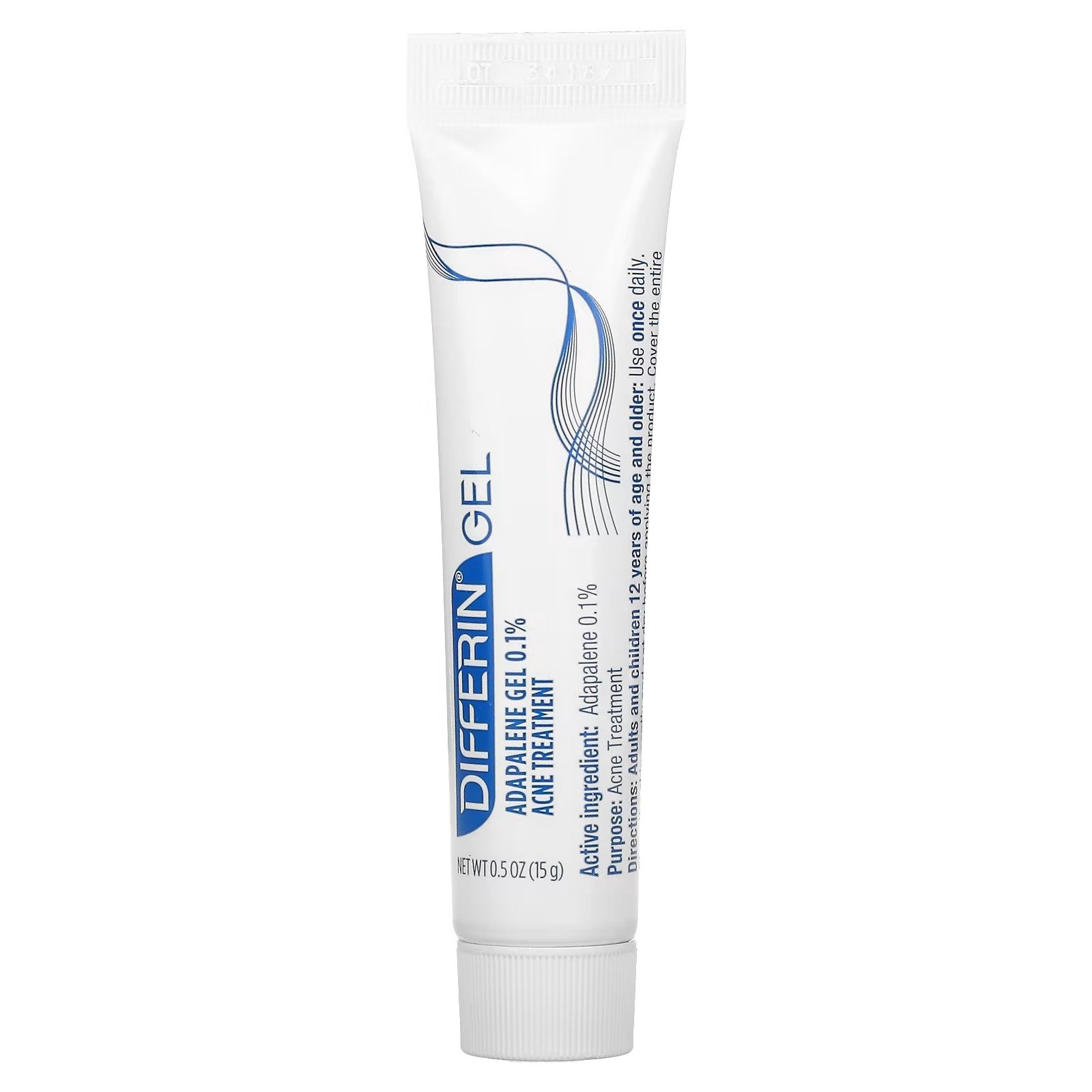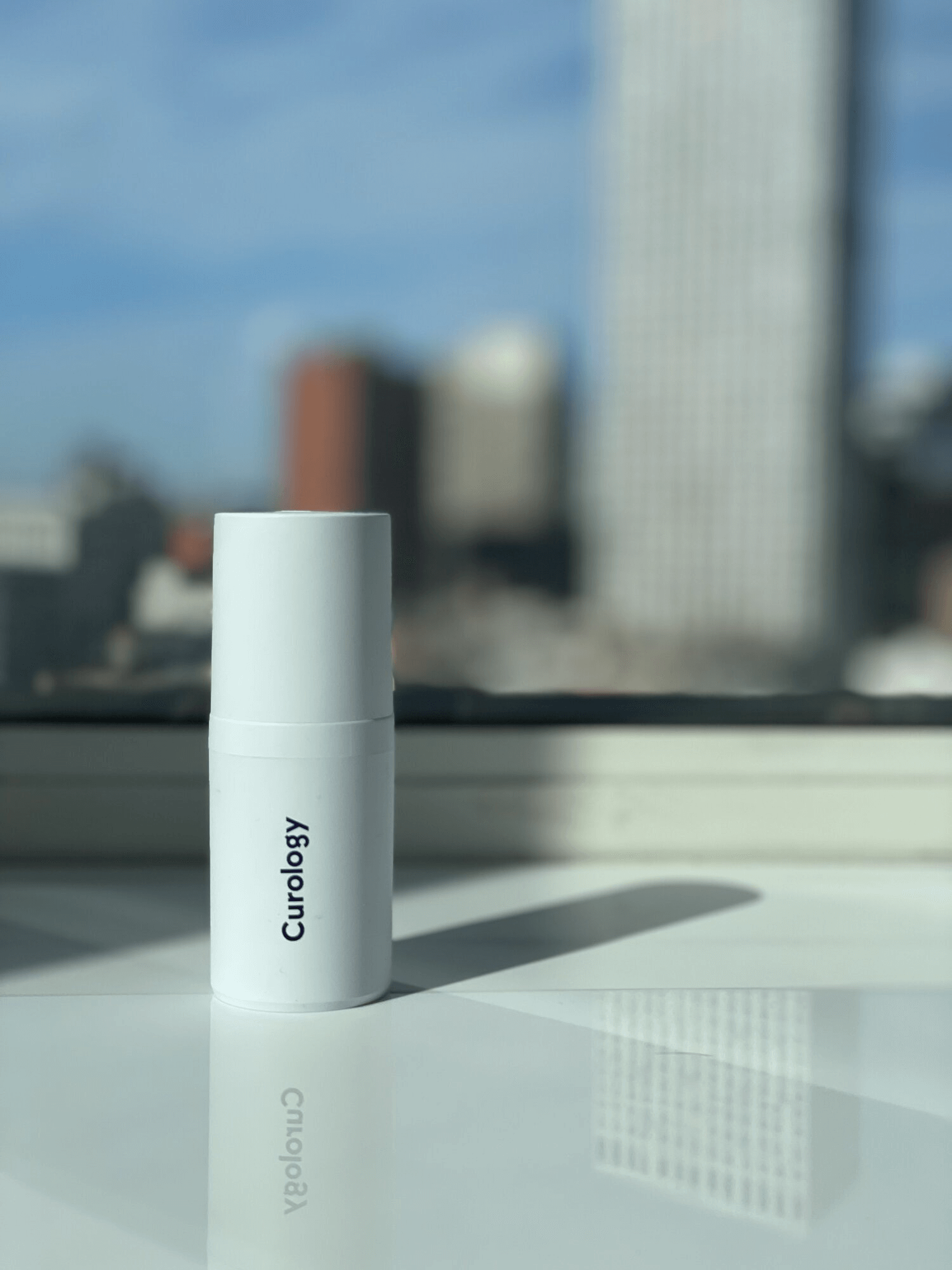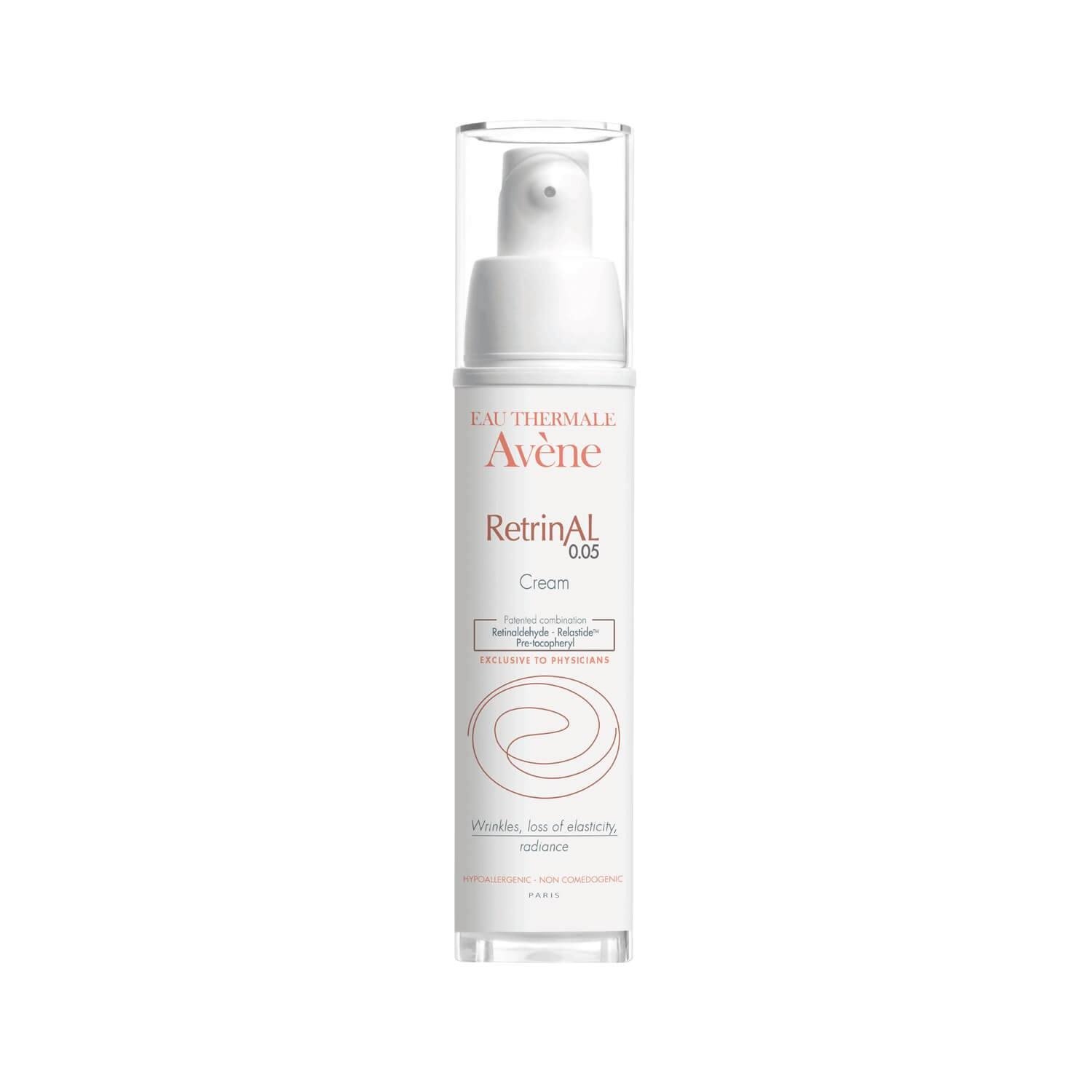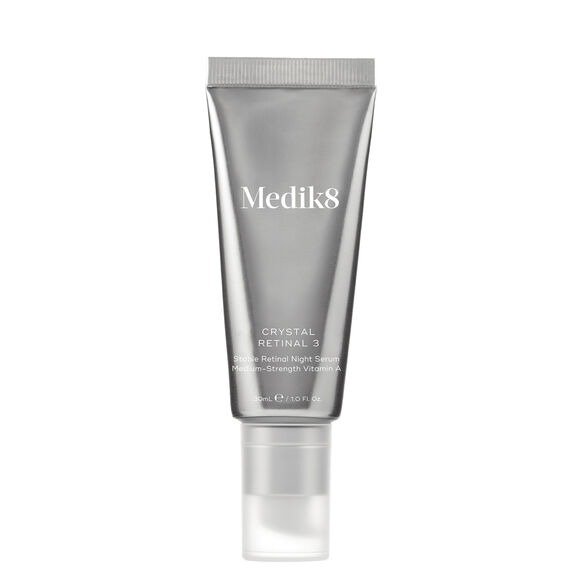Decoding Retinoids: Choosing the Right One for Your Skin
IN THIS ARTICLE
Are you puzzled about which retinoid to use? Hi, I'm Caolan, and I'm here to guide you in selecting the perfect retinoid for your skin in this article. Retinoids, as we know, are vitamin A derivatives and have various uses in dermatology, including treating skin conditions like acne, both topically and orally. Topical retinoids have been extensively researched and are widely used in skincare nowadays. In fact, you can now easily find a broad range of topical retinoids in various skincare products at drugstores and Sephora.
Understanding the Role of Retinol in Skin Care
Most of you will be aware of prescription tretinoin. Numerous studies have highlighted the benefits of tretinoin in treating and improving signs of aging, such as fine lines, wrinkles, uneven skin texture, skin tone, and even thickening the skin and combating hyperpigmentation.
Prescription tretinoin is also effective in managing acne, as it is one of the primary medications used by dermatologists. It is extremely effective in unclogging pores and preventing acne, as well as dealing with blackheads, whiteheads, pore size, and inflammatory acne.
Tretinoin, which has been available since the 1950s, is a fantastic ingredient. However despite its numerous benefits, tretinoin is not flawless. It can be irritating and drying, which can be particularly challenging for individuals with mature, dry, and sensitive skin. To address this, a whole range of over-the-counter topical retinoids, such as retinol or retinaldehyde (also known as retinal), have been developed.
Keep in mind that the benefits of topical retinoids, whether they're prescription strength or cosmeceuticals, are realized with long-term use, typically six months or more. It’s all about endurance - skincare is not a sprint. So, it's crucial to find the retinoid that suits your regular skincare routine the best.
Advantages of Using Adapalene and Tretinoin
In this article, I'll help you determine the right retinoid for your skin type and address your skin issues. Firstly, if you’re struggling with acne and haven't used any product before, I'd recommend starting with over-the-counter Adapalene 0.1 percent gel. Adapalene, formerly a prescription under the name Differin, is now available over the counter in two different brands.
Both Differin and La Roche Posay brands now offer Adapalene 0.1% gel, a reliable option for those who cannot visit a dermatologist. This product has several advantages over tretinoin, making it an excellent starting point for first-time users of topical retinoids. Adapalene is more stable, resistant to light and benzoyl peroxide degradation, meaning you can apply it in the morning, but it's advisable to use it at night as most other retinoids are typically applied at night and it's good to get into this habit early.
Another advantage of Adapalene is its compatibility with benzoyl peroxide, unlike many retinoids that degrade upon contact. Adapalene is more lipophilic, meaning it can penetrate your oil glands more effectively, and is gentler than tretinoin, making it an excellent starter retinoid for acne sufferers. Remember, when treating acne, your skin may become dry and irritated, thus using a mild retinoid like Adapalene can be beneficial.
Adapalene, similar to Tretinoin, helps tackle pores' blockage, treats and prevents acne, aids with blackheads and whiteheads, and even acne-related hyperpigmentation. Some studies indicate Adapalene may also improve photo damage and photo aging. While the research on these topics is still limited compared to tretinoin, I believe it does hold some benefits. However, I would not recommend using Adapalene solely for photo aging.
Adapalene is not as potent as prescription tretinoin. If you have used Adapalene and seen improvement in your acne but want more results, I suggest consulting a dermatologist for a stronger topical retinoid such as tretinoin as higher strength retinoids can provide better acne control. If you're struggling with acne and sun damage, I would also recommend a prescription tretinoin in the strength of 0.025, 0.05, or 0.1%.
The Importance of Concentration in Topical Retinoids
There are low-dose strength tretinoin options available, such as Curology, but there are no studies on these strengths' efficacy in treating acne and photo-aged skin and I therefore recommend sticking to the proven concentrations mentioned above. For treating acne, a stronger strength is more beneficial. For photo aging, all the concentrations work similarly. However, remember, the higher the concentration, the more side effects of dryness and irritation you may experience. If you're new to tretinoin, start with the lower strength of 0.025 and gradually increase if necessary. Prescription tretinoin can benefit those who have acne, have tried Adapalene without adequate results, need something stronger, or have photo-aged skin.
Exploring the Potential of Cosmeceutical Retinol and Retinal
Keep in mind that usage of topical retinoids, while beneficial, can often cause skin irritation. Hence, it's advisable to start with a low concentration, build tolerance, and increase dosage as needed. If you have dry, sensitive, or mature skin, and you want to use a topical retinoid to combat signs of aging, consider starting with a cosmeceutical retinol or retinal.
These formulations have numerous studies supporting their efficacy in reducing fine lines, enhancing skin texture and tone, and they are less irritating than prescription tretinoin. The reduced irritation is due to the two-step conversion process retinol undertakes to become retinoic acid, the active form that delivers all the benefits. This conversion only happens in specific metabolically active cells, which limits the overall effect and results in less irritation.
Retinaldehyde or retinal requires just a single conversion step. Theoretically, it could be more potent, but both retinol and retinal are very similar in benefits and irritation levels. Remember, using a topical retinoid is a long-term game, with noticeable benefits typically appearing after six months or more of regular use.
Stay Updated with Our Latest Skin Care Insights
One important factor to consider is that retinols can be difficult to formulate and may be unstable. Hence, I recommend opting for larger, more reputable brands known for their well-formulated ingredients and investment in research and development.
Navigating the Market: Recommended Retinol Products
Among the retinol products that I've tried and liked are CeraVe's Skin Resurfacing Retinol Serum and Murad's Retinol Youth Renewing Serum. Both are gentle and non-irritating. Retinaldehyde products are somewhat harder to find, probably due to formulation challenges. However, I can recommend Avene's Retrinal and Medik8's retinoid products, which are well-tolerated and effective.
If you're in the market for a couple of high-quality retinol products, I have a few suggestions for you. Specifically, if you have extremely sensitive skin or you prefer a simple routine, you might want to consider a retinol-infused moisturizer as these hybrid products tend to offer more hydration than a standalone retinol serum. I'd suggest exploring options such as the Neutrogena Rapid Repair Retinol Cream, which is highly moisturizing and backed by extensive research from Neutrogena. This could be an excellent choice if you're new to retinol, have dry, sensitive skin, or prefer a combined retinol and moisturizer product.
Another similar product that I've been impressed with is the Olay Retinol 24. Packed with peptides and retinol, it can supercharge your anti-aging regimen and provides ample hydration.
Now, if you've been using retinol for a while and your skin is responding well, but you're ready to take your skincare game to the next level, you might want to discuss prescription tretinoin with your dermatologist. Tretinoin is more potent and can offer more noticeable anti-aging benefits compared to standard cosmeceutical retinols. However, it may cause irritation, so it's best suited for those whose skin has already built up a tolerance to retinol.
When I talk about tolerance, I'm referring to your skin's ability to handle the dryness and irritation, not the effectiveness of the retinol itself. If you're ready for this step, tretinoin could be a great choice - it's the gold standard in my book.
I hope you find this informative! Let me know in the comments which retinol product you're currently using. Don't forget to like this article and subscribe to my podcast on Spotify. I'll catch you in the next one!
About the Author: Caolan
With over a decade of international experience, Caolan's passion lies in simplifying the complex. Now, as the founder of But More Importantly, he applies these talents to the world of cosmetics, aiming to unmask marketing hype and provide readers with the truth about beauty products. His mission: to help you make informed choices and discover what truly enhances your beauty routine.
























